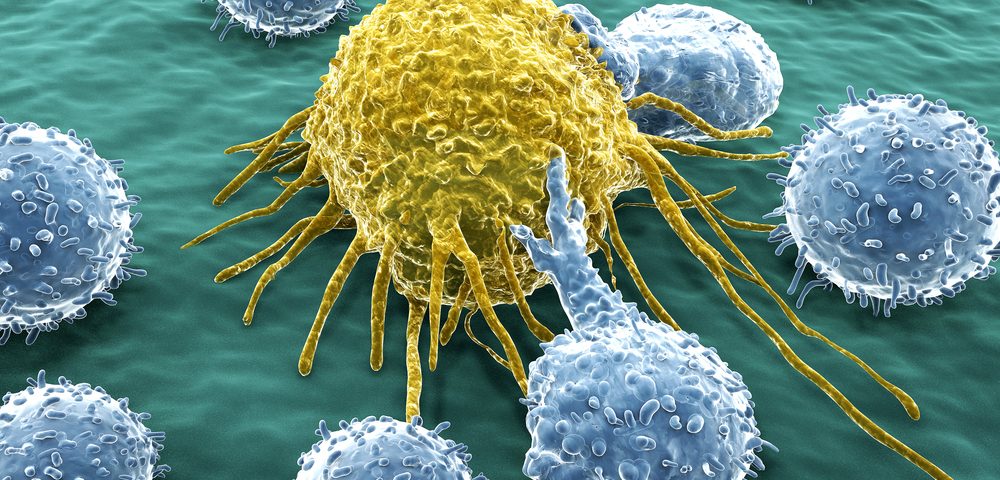Ziopharm Oncology will initiate a Phase 1 adoptive cellular therapy study using relapsed or refractory acute myeloid leukemia (AML) patients’ own T-cells transduced with a lentivirus to express a CD33-specific chimeric antigen receptor (CAR).
CAR T-cell therapy is an immunotherapy that works by redirecting immune cells to a cancer target using a synthetic receptor that recognizes a particular antigen or protein in the tumor cell. Ziopharm’s goal is to translate the early clinical promise of CAR T-cell therapy in hematologic malignancies to a broader range of targets, including solid tumors, with greater safety and efficacy.
Ziopharm will use technologies that augment the therapeutic potential of effector cells, are tailored to the patient and their disease, and are capable of meeting the oncology treatment on a global scale.
The study will be the second to begin at The University of Texas MD Anderson Cancer Center in a collaboration between MD Anderson, Intrexon, and Ziopharm, to advance promising therapies to the clinic.
“By targeting myeloid cells with a CD33-specific CAR, we have the opportunity to leverage T-cell mediated cytotoxicity in a highly directed manner,” Francois Lebel, MD, executive vice president of research and development, and chief medical officer at Ziopharm, said in a press release.
“Following a recent review by the Recombinant DNA Advisory Committee, we anticipate progressing plans for this Phase 1 trial in the second half of 2016 to move this promising treatment closer to the clinic for patients with relapsed or refractory AML who have poor prognosis,” Lebel added.
Data generated from preclinical trials showed that lentiviral transduced CAR-T cells targeting CD33 display cytotoxic activity for CD33+ AML cells.
A proof-of-concept trial conducted in an in vivo AML mouse model demonstrated that these specific CAR-T cells eliminate disease load and improve survival compared to controls. The encouraging preliminary data showed biological activity and were indicative of a potential therapeutic effect for AML.
“As we progress through the remainder of 2016 with our Intrexon Corporation and MD Anderson collaborators, we believe our clinical stage assets and promising preclinical pipeline will position the company at the forefront of those utilizing the immune system in a controlled manner to combat cancer,” Ziopharm CEO Laurence Cooper, MD, PhD, said.
“We believe that our CD33 CAR-T cell approach has the potential to positively impact a disease area that has been largely unexplored with this type of immune-therapy, and overall this malignancy has seen inadequate improvement in treatment options. We look forward to moving into the clinic as soon as possible to help patients with advanced AML urgently in need of new therapies,” Cooper added.
The new clinical trial will add to Ziopharm’s three active clinical trials at top institutions, two using controlled gene therapy to express a powerful anti-cancer effector in interleukin-12 and the other integrating the nonviral Sleeping Beauty gene delivery approach in CAR-T cell therapy for advanced lymphoid cancers.
The Sleeping Beauty gene has the capacity to activate, or “awaken” an extinct piece of DNA (transposon) that can multiply and become inserted into the genome. This allows researchers to use a gene in a piece of DNA known as plasmid. After that, an enzyme (transposase) can take out the gene of interest from the plasmid and insert it into the targeted DNA sequence.
This novel development program targeting CD33 is part of an Exclusive Channel Collaboration with Intrexon and is the next CAR-T target the corporations are following in addition to the first two targets already chosen by Merck KGaA.


